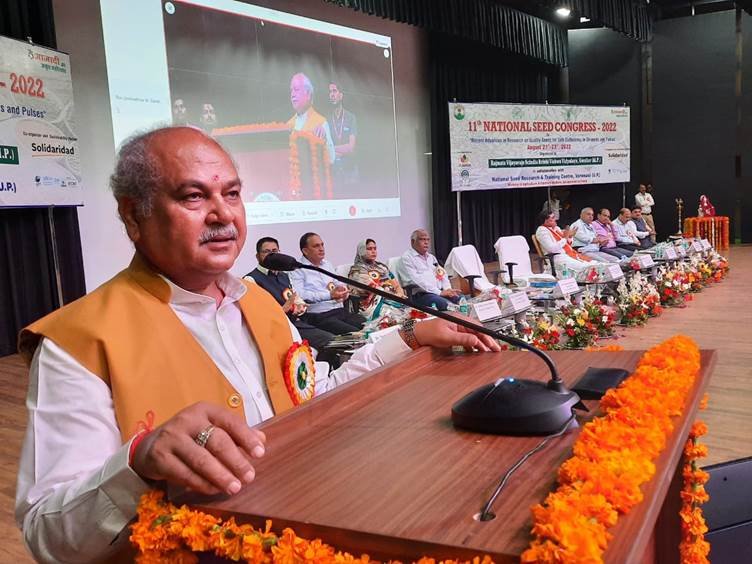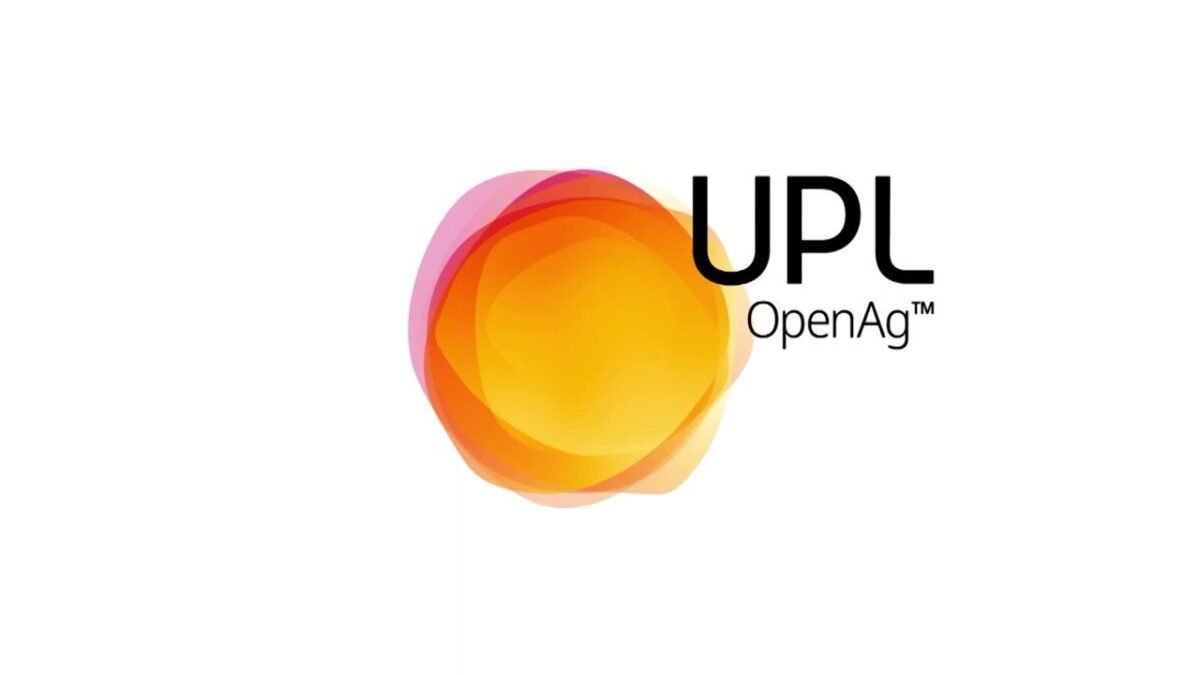Fintech-driven agri ecosystem Unnati launches Agri-Retailer Academy
It aims to bridge the gap between retailers and modern ways of doing business, which will prove profitable for all agricultural stakeholders including farmers.
Taking significant strides to make the agriculture sector more informative, productive and filled with progressive individuals, Unnati, a fintech-driven agriculture ecosystem, has launched a one-of-its-kind platform called the Agri-Retailer Academy.
This unprecedented academy will equip retailers with adequate education on best practices of running an outlet, hands-on training to master digital ways, data collection and analytics techniques, farmer engagement methods and methodologies to expand the knowledge of sustainable farming to ground stakeholders. This initiative is likely to bridge the gap between retailers and much-needed modern ways of doing business, which will eventually prove profitable for all agricultural stakeholders including farmers. Farmers will also greatly benefit from this initiative as the retailers will be well-informed about their business leading to better product recommendations, availability etc.
For the uninitiated, Unnati has recently also introduced Retailer Insurance for its vast network of uStores to safeguard retailers against business uncertainties. Millions of small agriculture business owners and retailers struggle with a dearth of proper knowledge, information about new-age practices and modern resources, so Unnati is working on its mission to offer them appropriate guidance to scale their growth.
This initiative to launch a specialised Agri-Retailer Academy is another measure Unnati has taken to support the underserved retailer community in the agriculture segment. It currently has a complete network of more than 48K+ retailers and plans to expand this number to 1 lakh by the end of this fiscal year.
Amit Sinha, Co-founder, Unnati said, “At Unnati, we firmly believe retailers are an integral part of the agriculture ecosystem. Our biggest priority is to assist them in understanding modern practices and tools and help their business scale productively and safely. The Agri-Retailer Academy is launched to keep the same vision in mind. We intend to encourage retailers to become more confident and secure, to be able to survive today’s highly-competitive world, and continuously evolve during these trying yet rapidly changing times. This initiative will definitely provide the much-needed help and support retailers need and strengthen our overall agriculture ecosystem. This is just another step in the right direction.”
It aims to bridge the gap between














